Indigenous voice to parliament: ‘Last great chance for our communities’, says Noel Pearson
Noel Pearson has warned a voice to parliament is the ‘last great chance’ for the nation’s remote Indigenous communities.
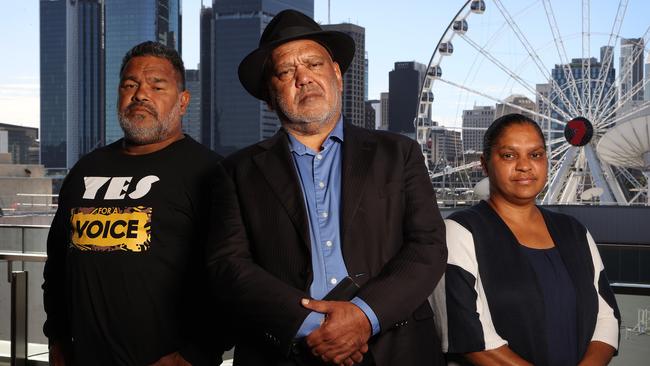
Noel Pearson has warned a voice to parliament is the “last great chance” for the nation’s remote Indigenous communities, as Cape York mayors ask how many more people have to die early before Australians do the right thing.
Aboriginal leader Mr Pearson urged non-Indigenous Australians to vote Yes, and said he was confident the campaign could win over the “ground zero” state of Queensland despite recent polling tipping a majority No vote.
Addressing the Queensland Media Club in Brisbane with Aurukun mayor Keri Tamwoy and Lockhart River mayor Wayne Butcher, voice co-architect Mr Pearson said the constitutional change was “modest but profound” and would lead to life-changing practical benefits on the ground.
“How important this is for the practical benefit of communities, particularly traditional and remote communities, I can’t emphasise enough,” Mr Pearson said.
“I work with people throughout the Kimberley, throughout the Northern Territory, throughout Cape York. I’ve got to emphasise, for those communities, this is the last great chance – the best hope we have for those communities. It’s crucial we get this right.”
Mr Butcher said during his 12-year stint as mayor of remote Lockhart River, on the northeastern coast of Cape York in far north Queensland, he had gone to parliament in Canberra many times but had not been listened to.
He said the “normal practise” of government decision-making for Aboriginal communities was “we know what’s right for you”.
“The challenge is, no one listens. And you never get heard anyway, even if you do speak,” he said.
Enshrining Indigenous people in the Constitution would ensure stability of leadership, regardless of changing governments, Mr Butcher said, and would allow for real change.
He said that despite hundreds of millions of dollars in government health funding for Cape York and the Torres Strait, the life expectancy of an Indigenous man living on the peninsula was just 55 years old.
“A lot of people say, ‘you Aboriginal mob, you get plenty of money’, But when the money leaves Canberra, it has to come to Brisbane first, and when you’re remote, it goes to Cairns before it gets to Lockhart,” Mr Butcher said.
“So you just imagine how many people have taken a bite out of the cherry on the way through.
“When I come back home and jump on the shovel and bury people younger than me, some days I go to bed and think ‘what the hell’s going on here’. But that’s where we’re at.”
“By saying no, what are you saying no for? What’s the alternative?”
Mr Butcher said of the more recent 10 women who had died in his community, only three were elderly, and the other seven were aged under 45.
Ms Tamwoy, who was elected mayor of Aurukun – on the northwestern coast of Cape York – in 2020, agreed that the multimillion-dollar health system for Indigenous Australians was “failing miserably”.
When she returned to Aurukun, she would have to prepare for two funerals.
“I sit here with heavy heart, because how many of our people must continue to die, well before their age, before Australia does the right thing by us?” she said.
“We are all Australians.”
Mr Pearson said remote communities needed the ability to speak to bureaucrats and governments, and be heard, “if we want to close the gap on disadvantage”.
“When we talk about giving people a voice to the bureaucracy and the government, we simply want to sit down at a table with them,” he said. He described a four-sided table where representatives of an Indigenous community, the federal government, state government and local council each had a seat, to speak about plans for the community, floodlights for the sporting fields, land tenure for the old people’s home, and tackling heart disease.
“Follow us, don’t try to lead us anymore. We know what we’re doing. We’ll close this gap. You can’t rely on anyone else to close the gap other than the people who are affected by the problem,” Mr Pearson said.
He said while polling showed at least 80 per cent of Aboriginal and Torres Strait Islander people backed the voice, Indigenous Australians made up only 3 per cent of the population.
“We can’t win the referendum, our numbers just don’t count. It’s your 97 per cent that counts – you, the whitefellas. You’re the ones … it will fall to you, the 97 per cent, to decide whether we seize this opportunity.”


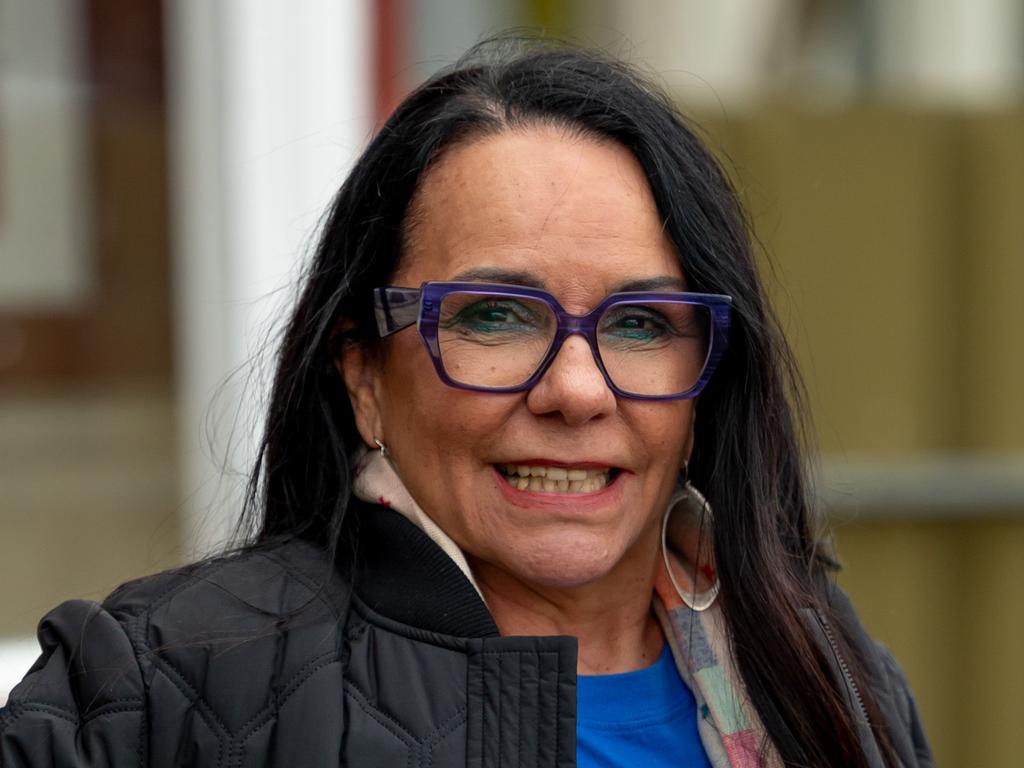
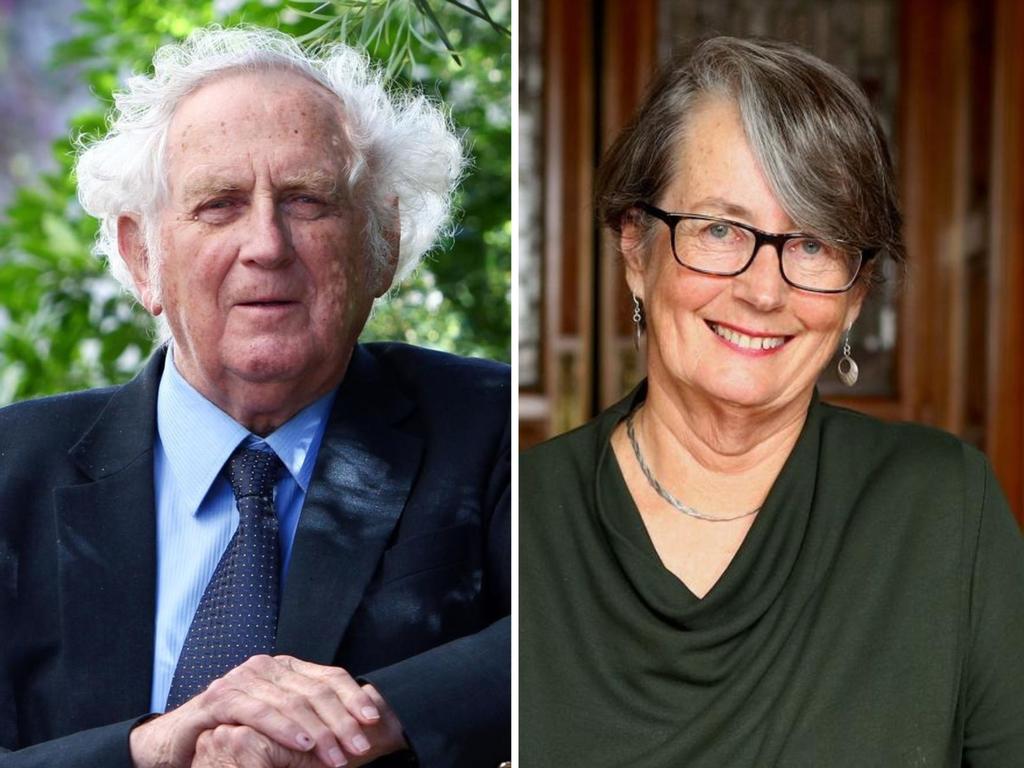
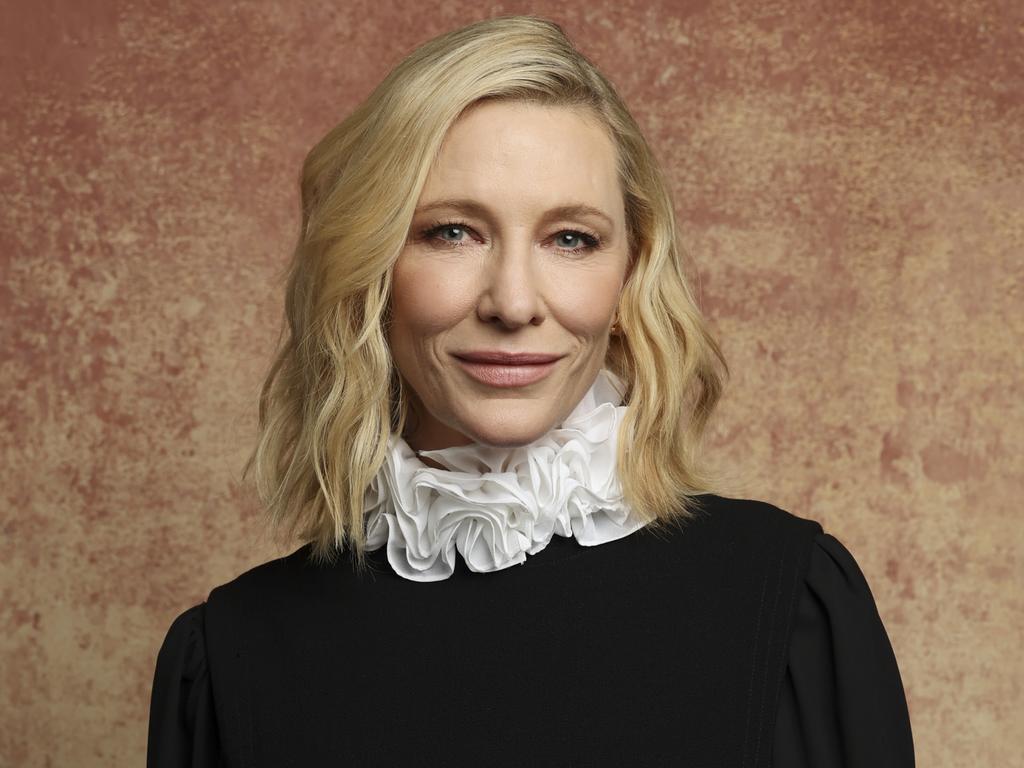
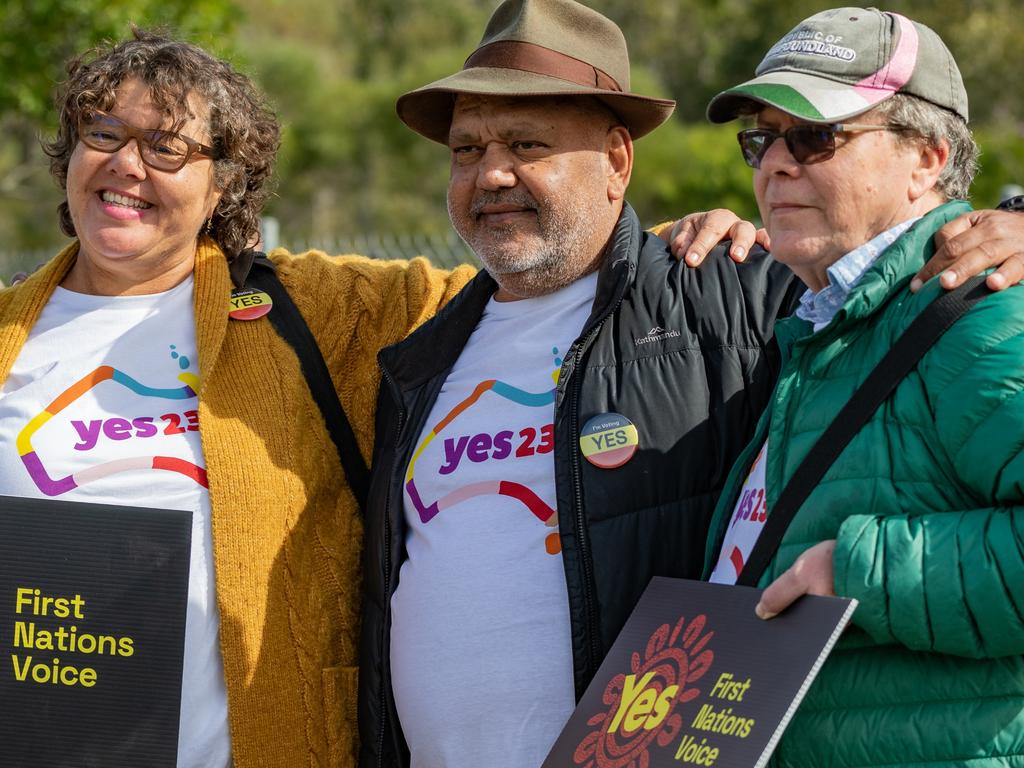


To join the conversation, please log in. Don't have an account? Register
Join the conversation, you are commenting as Logout